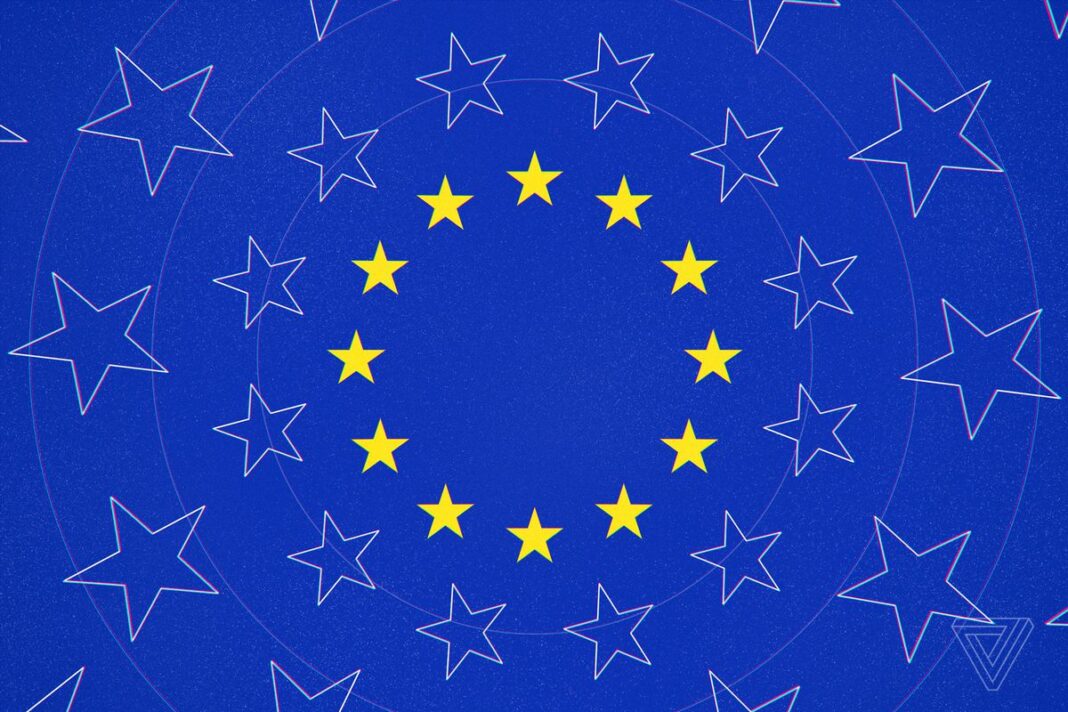The European Parliament has agreed on the Digital Services Act (DSA), a package of bills that would wrap red tape around Big Tech activities in the EU. If it is approved, the DSA could go into effect as soon as 2024, which means that ad targeting will get even more limited. Tech giants will no longer be able to target users based on their personal data, and they will also be required to give users more control over their data.
In addition, the DSA would create a new regulator to oversee the tech industry, and it would impose heavy fines on companies that violate the rules. The DSA is still awaiting formal approval by EU institutions, but if it goes into effect, it could have a major impact on the way that Big Tech does business in Europe.
The DSA (Digital Standardization Agency) would also prohibit the use of “dark patterns” in digital products and services. Dark patterns are deceptive strategies that manipulate users into buying products or services that they might not otherwise purchase. For example, a common dark pattern is the “bait and switch,” in which a user is lured in by a low-priced item, only to be switched to a more expensive product when they try to check out.
Other examples of dark patterns include false deadlines, hidden fees, and forced continuance (such as when a user is automatically enrolled in a subscription after completing a free trial).
If you’re an e-commerce platform that does business in the European Union, you’ll need to start monitoring your markets more closely. The EU’s Direct Selling Association (DSA) has tasked platforms like Amazon with preventing the sales of illegal goods. Depending on what you’re selling, the act could complicate things for merchants and marketers.
The DSA’s new measure is designed to protect consumers from being scammed by illegal businesses, but it could also create headaches for e-commerce platforms that will now need to vet every merchant more carefully. In addition, the DSA’s measure could also make it more difficult for small businesses to sell their products online
For e-commerce platforms, the best course of action is to stay compliant with the DSA’s new regulations and monitor their markets closely to ensure that only legal products are being sold.
Also, the European Commission has proposed new rules that would require tech companies to take down illegal material such as hate speech, incitement to terrorism and child sexual abuse.
The rules would also require e-commerce marketplaces like Amazon to prevent sales of illegal goods. The proposals are part of a wider effort to regulate the tech sector in Europe.
Critics say the proposals could lead to censorship and stifle free speech. The Commission says the rules would only apply to illegal material and would not restrict legitimate speech.
Last month, EU institutions approved the Digital Markets Act (DMA), which seeks to curb the market power of Big Tech firms. The DMA covers a wider range of areas than the DSA, but the two concepts are closely linked. In particular, the DSA is likely to include provisions that would make it easier for national authorities to enforce the DMA. For example, the DSA could give national authorities the power to order platforms to take down illegal content or to stop using certain algorithms that amplify fake news.
The DSA is also likely to include rules on so-called “gatekeepers”, which are platforms that play an important role in connecting businesses and consumers. These rules could include requirements that such platforms give businesses access to data on their users, or that they allow businesses to port their data to other platforms.
The new EU rules are a good step, but they do not go far enough. Washington should look to the example of the EU in regulating Big Tech and enact similar measures to protect consumers and democracy online.




